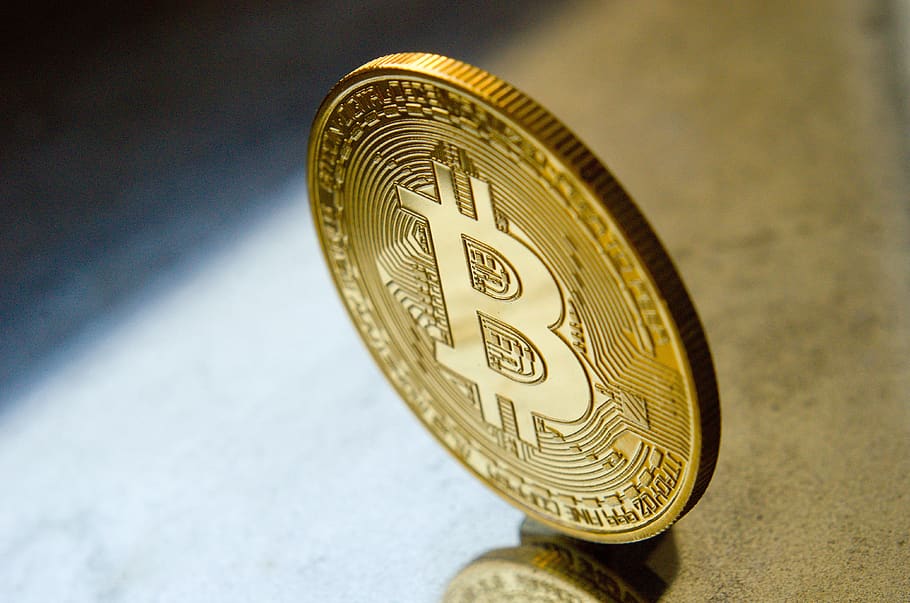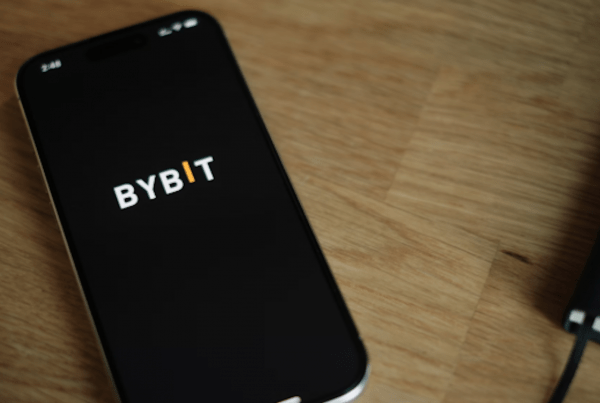
Key takeaways:
- Following the vote in the Salvadoran Congress on June 8th, Bitcoin will become legal tender, alongside the US dollar, in 90 days
- The U.S. government has advised the El Salvadorian president against using Bitcoin as a legal tender, listing terrorist funding concerns among the reasons against the world’s most popular cryptocurrency
Since the beginning, the discussions pertaining to Bitcoin have been quite polarizing. Some people see it as a complete game changer, while others focus on its drawbacks and criticize the world’s largest crypto without hesitation. While the asset has recorded a large increase in overall acceptance levels and massive spike in adoption rates over the years, there are undoubtedly still some lingering issues concerning it.
Take the case of regulation as an example. While some see regulation as an ultimate goal, others shudder at the idea, believing crypto shouldn’t be hindered by regulatory measures, especially since it was initially designed to bypass obstacles put in place by governments and large multi national corporations. Earlier in the month, El Salvador announced that it had signed a new law into place which would see the use of Bitcoin as a legal tender.
The U.S. wants El Salvador to prevent Bitcoin from being used for malicious activities
While the Central American country was congratulated on the courageous move by several countries, various individuals, and interest groups alike, the United States of America was not particularly fond of the most recent development. The U.S. officials are not exactly delighted about the situation, especially because they have earlier advised the president of El Salvador, Nayib Bukele, to be careful about the use of crypto asset, now one of their legal tenders.
An official working at the United States Department, Victoria Nuland, shared that Bukele was pressed to make sure appropriate security measures were taken before the legalization of BTC was put in effect. According to Nuland, the government of El Salvador should do everything in its power to ensure that the usage of the digital asset across the country is regulated, which would curb its usage for illegal activities by malicious actors. She also mentioned that the country needs to ensure that activities related to the digital asset should be completely transparent, which would help protect well-meaning citizens from potential issues such as hacks and scams.
The United States government is still skeptical about digital assets
At the moment, El Salvador is using the US dollar as its main fiat currency, after its native currency, Colon, was pushed to the side in 2001, following the enforcement of the new monetary law. With BTC now being used as a legal tender alongside fiat, the legality of the digital asset in the country brings an interesting twist to the global financial arena.
As opposed to El Salvador’s outlook on BTC and digital assets, the United States holds a more conservative view. The U.S. government and its regulators have, over the years, been repeating relatively known negative factors as the reasons against the more increased use of cryptocurrencies. The negative impact of mining of digital assets on the environment, the use of crypto assets to fund terrorist activities, as well as various scamming and hacking related concerns are the primary negative aspects the current and past U.S. administrations can’t overlook.
One could also make the case, that the U.S. government is somewhat wary of BTC’s potential, which could in time prove to be detrimental to the US dollar’s supremacy, pushing it down the pecking order when it comes to the world’s strongest currencies. El Salvador is obviously taking a different approach when compared to the US regarding the usage of crypto assets, mostly due to internal political factors and the country’s position on the global stage.



